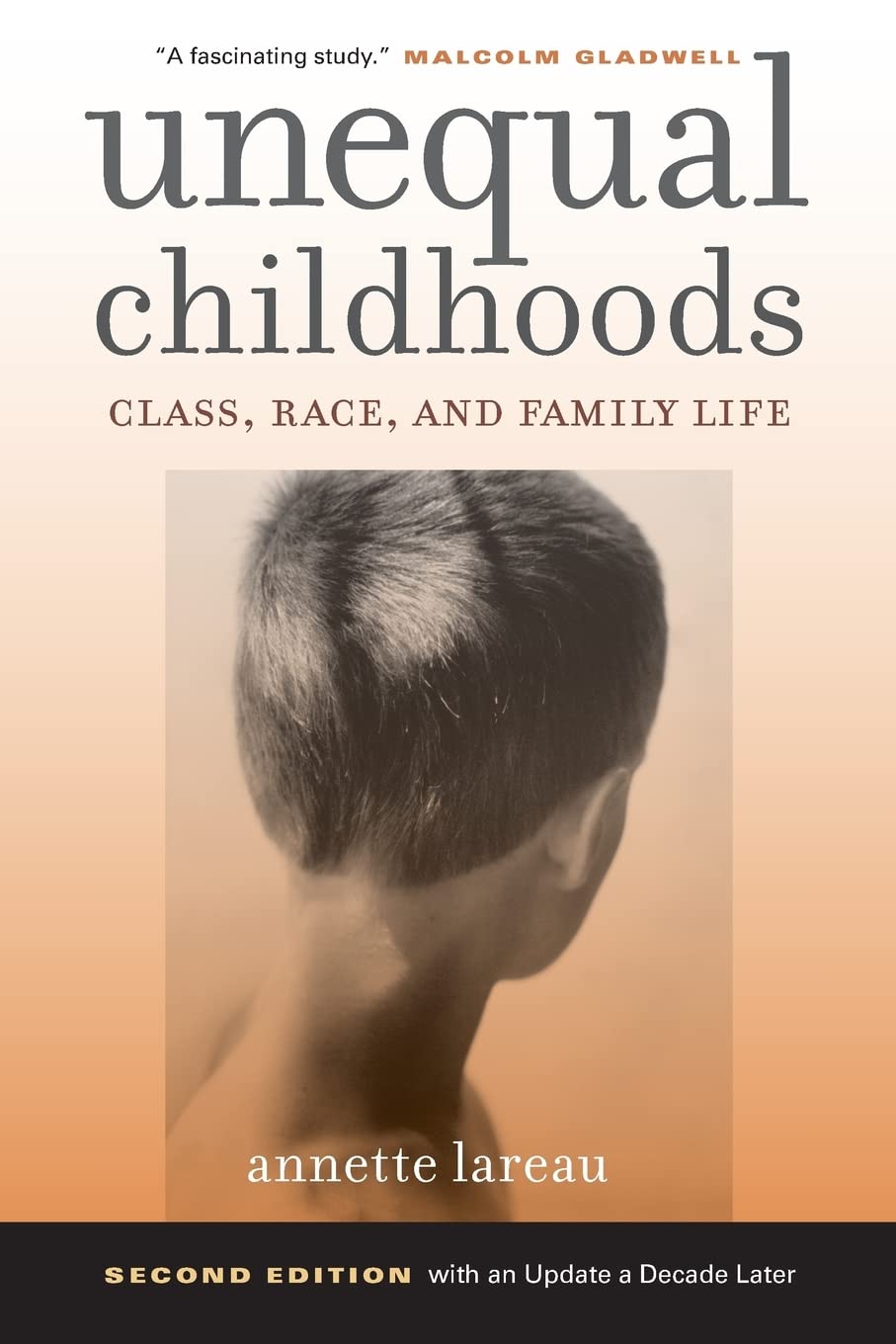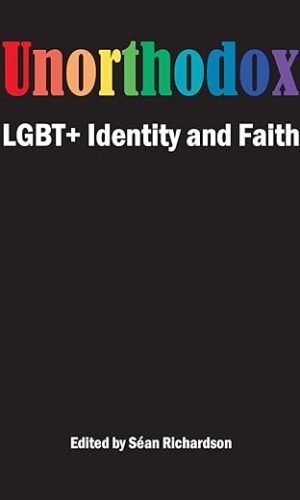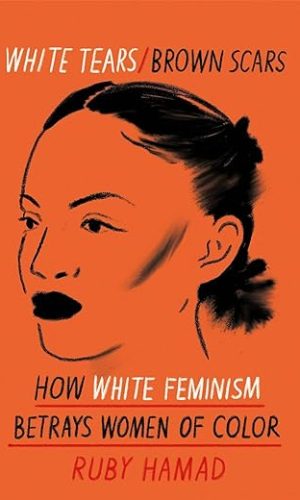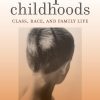Unequal Childhoods: Class, Race, and Family Life, Second Edition with an Update a Decade Later
£23.80
Class does make a difference in the lives and futures of American children. Drawing on in-depth observations of black and white middle-class, working-class, and poor families, Unequal Childhoods explores this fact, offering a picture of childhood today. Here are the frenetic families managing their children’s hectic schedules of “leisure” activities; and here are families with plenty of time but little economic security. Lareau shows how middle-class parents, whether black or white, engage in a process of “concerted cultivation” designed to draw out children’s talents and skills, while working-class and poor families rely on “the accomplishment of natural growth,” in which a child’s development unfolds spontaneously-as long as basic comfort, food, and shelter are provided. Each of these approaches to childrearing brings its own benefits and its own drawbacks. In identifying and analyzing differences between the two, Lareau demonstrates the power, and limits, of social class in shaping the lives of America’s children.
The first edition of Unequal Childhoods was an instant classic, portraying in riveting detail the unexpected ways in which social class influences parenting in white and African American families. A decade later, Annette Lareau has revisited the same families and interviewed the original subjects to examine the impact of social class in the transition to adulthood.
Read more
Additional information
| Publisher | 2nd edition (9 Sept. 2011), University of California Press |
|---|---|
| Language | English |
| Paperback | 468 pages |
| ISBN-10 | 0520271424 |
| ISBN-13 | 978-0520271425 |
| Dimensions | 15.24 x 2.79 x 22.86 cm |






by Jon R
A fantastic insight to the relationship between the opportunities afforded to children and class. I would highly recommend it to anyone interested in childhood, sociology or any ethnographic researchers
by Starswirl the Bearded
This book should be required reading for all politicians, educators, parents and voters.
I stumbled across ‘Unequal Childhoods’, while reading ‘Outliers’, by Malcolm Gladwell: he uses examples from Lareau to support the central argument of his book (that unusually successful people have almost always benefited from unusually fortunate opportunities – quite often including an unusually high level of parental investment. While it may sound obvious, it goes against everything I was taught to believe as a child: that succeeding is largely due to one’s own effort).
Lareau’s book is actually very different than Gladwell’s. It introduces us to children from different economic backgrounds and their families, following them for over a decade while bringing every individual to life. We’re given an engaging insight into the daily routine of our protagonists; though Lareau makes sharp comparisons of parenting styles between socioeconomic classes, these are incorporated naturally into the narrative.
On one level this is a very high quality piece of research – but it never feels dry or lifeless. To the contrary, it’s a compelling read; avoiding an academic writing style in favour of a direct, simple, first person narrative.
For me the most relevant part of the book came towards the end when Lareau interviewed the now university-aged participants: perhaps unsurprisingly, the children from the highest socioeconomic bracket (the “concerted cultivation” group) were on track to graduate from university with a wide range of opportunities. Two of the children from the highest income brackets will also be graduating with very little debt: the frankly astonishing investment of parental time/money into extracurricular sports paid off in athletic scholarships.
What fascinated me is that these privileged young adults were blind to just how large a role their parent’s investment played in their adult achievements: they viewed themselves as hardworking and responsible for their own success. This blindness is something I have often observed in my fellow university students, many of whom receive financial support from their parents (it also isn’t uncommon for said parents to do their laundry, book them onto revision courses, buy them cars, assist them in buying apartments etc.). Yet these students widely condemned the looters in the 2011 London riots as being “scum” and “lazy”: from what I could gather, this was because the looters felt entitled to things they hadn’t earned.
Another thing I found fascinating is that many of the behaviours teachers interpret as signs of intelligence (asking insightful questions, making eye contact, speaking clearly, backing up one’s statements with evidence etc.) were in fact taught and encouraged by the wealthier parents.
While some might argue that the nature/nurture debate wasn’t addressed here (and indeed, data from adoption studies would have been welcome), I would still recommend this book to everyone – especially those who think children living in unequal societies have true equality of opportunity: Lareu provides compelling evidence that they do not.
by Amazon Customer
Very interesting!